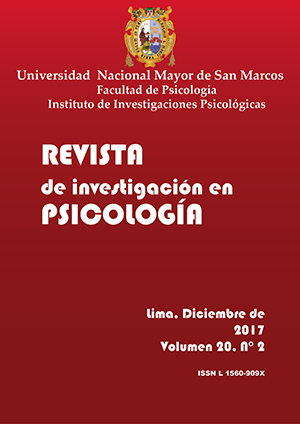Children’s Informal Mathematical Development
DOI:
https://doi.org/10.15381/rinvp.v20i2.14051Keywords:
Mathematical thinking, informal mathematics, early childhood education, mathematics teaching and learning.Abstract
This article highlights the importance of the development of mathematical thinking of children taking into account that there are ways of learning mathematics that occur before living experiences in school, in a more natural, spontaneous way and using to a large extent the observation and the imitation. These learnings, called informal, are vitally important for the suitable formal learning of mathematics which must be developed based on them and taking into account the emotions of children. Such considerations should be very present in the initial and continuous training of pre school and primary teachers and thus provide better elements to encourage meaningful and more enjoyable children’s mathematics learning.Downloads
Published
Issue
Section
License
Copyright (c) 2017 Martín Malaspina Quevedo

This work is licensed under a Creative Commons Attribution-NonCommercial-ShareAlike 4.0 International License.
THE AUTHORS RETAIN THEIR RIGHTS:
a. The authors retain their trademark and patent rights, and also on any process or procedure described in the article.
b. The authors retain the right to share, copy, distribute, execute and publicly communicate the article published in the Journal of Research in Psychology (for example, place it in an institutional repository or publish it in a book), with acknowledgment of its initial publication in the Journal of Research in Psychology.
c. Authors retain the right to make a subsequent publication of their work, to use the article or any part of it (for example: a compilation of their work, lecture notes, thesis, or for a book), provided that they indicate the source. of publication (authors of the work, magazine, volume, number and date).























